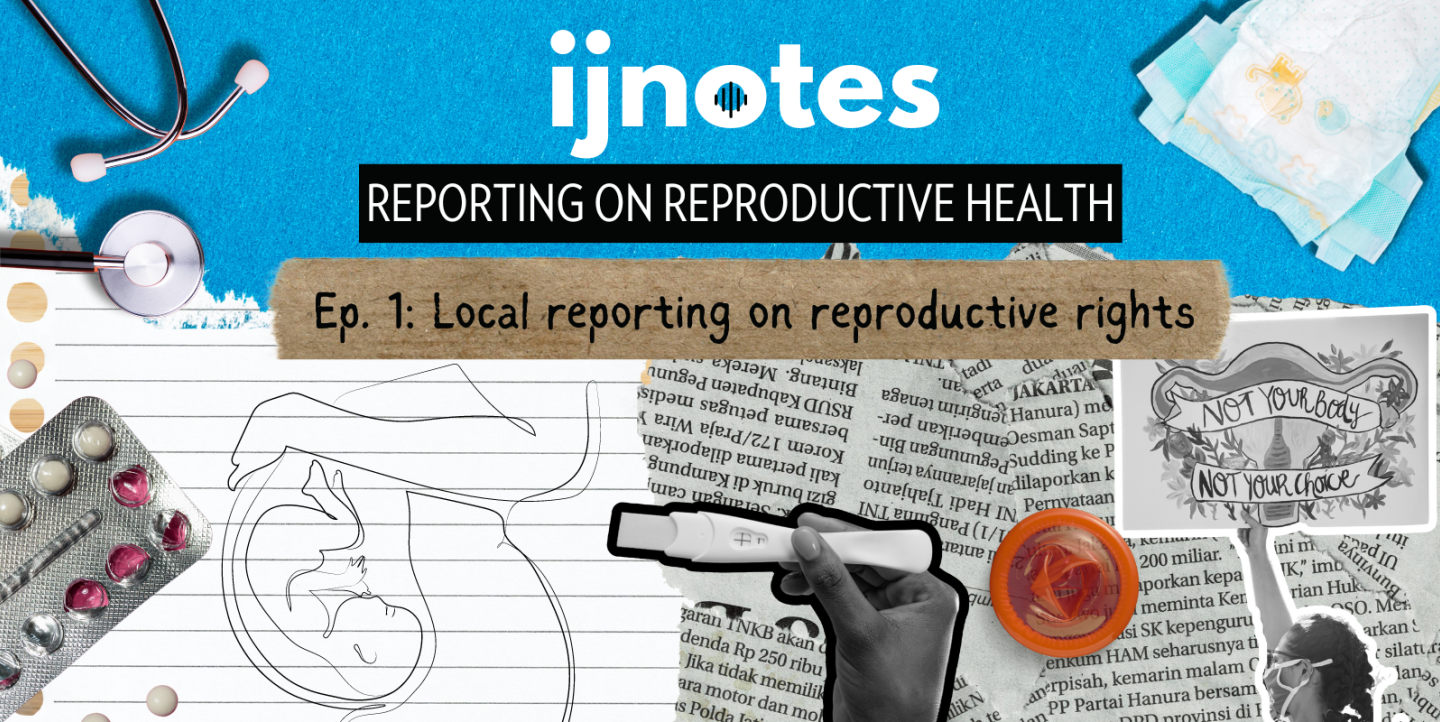One year ago, the Supreme Court of the United States struck down the constitutional right to an abortion in the U.S. in Dobbs v. Jackson Women's Health Organization. The ruling ended almost 50 years of national abortion access under the 1973 Roe v. Wade decision, and severely limited the reproductive rights of millions of Americans.
Today, 14 states today have nearly entirely banned abortions, while another 12 have placed restrictive limits on when an abortion can occur after conception, sometimes at extremely early stages when a person may not yet know they're pregnant.
Reproductive health isn't just a U.S. issue. In South America, rights have expanded in Chile and Argentina; in Europe, they’ve likewise been expanded in Ireland, but have been eroded in Poland; and in Africa, Benin recently legalized abortion even as it remains restricted in the vast majority of countries on the continent.
It’s not just abortion, either: access to contraceptives, prenatal care, and safe childbirth are all reproductive rights that have been expanded in some countries, and reversed in others.
Our new IJNotes podcast series will dive into reproductive health, how journalists globally are reporting on the topic, and the ways in which reporters can accurately and ethically cover the many related issues, including but not limited to abortion, contraceptive access and maternal health.
To kick off the series, I spoke with Maya Miller, a reproductive health reporter at the Gulf States Newsroom, on the role local journalism plays in covering reproductive rights. Miller has covered the anticipated effects of an abortion pill ban in the South, the rise of maternity care deserts in Mississippi and the proliferation of anti-abortion pregnancy resource centers in states where abortion is severely restricted or illegal.
In the episode, Miller discusses the importance of local journalism, how restricted access to abortion coincides with maternal health deserts across the Gulf States, and the ways in which reporters can best cover Dobbs’ consequences in their own communities. Listen here:


